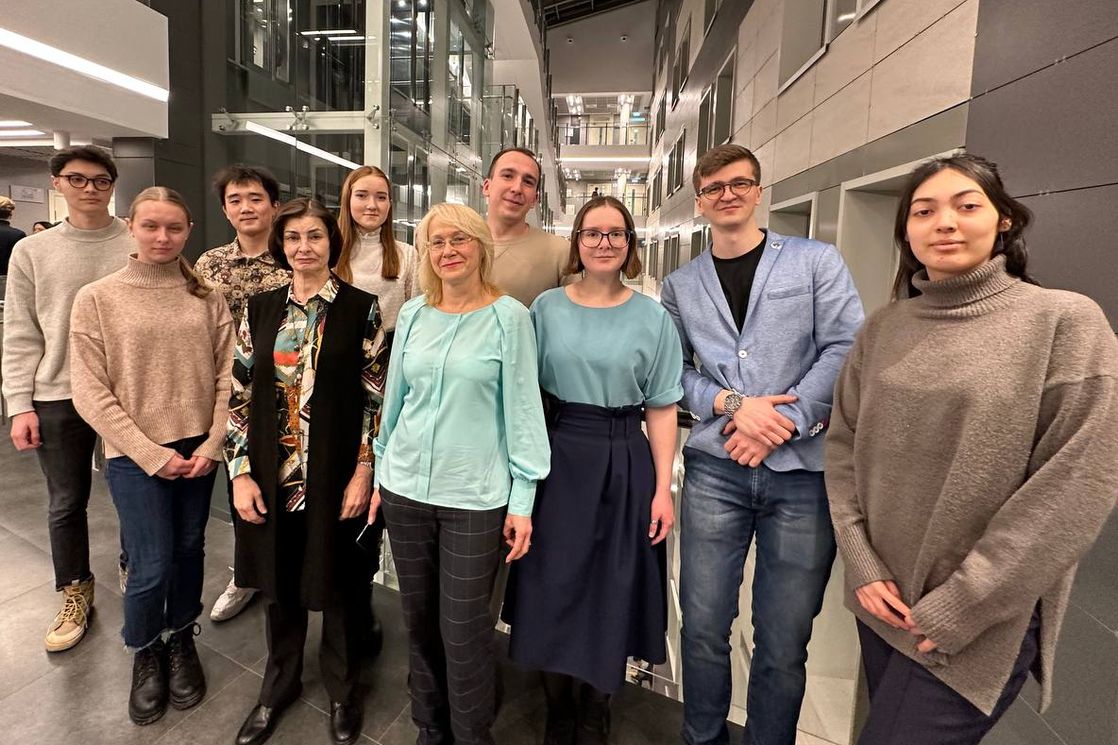
The crisis associated with the COVID-19 epidemic is significantly different from the previous crises of 1998, 2008, and 2014. Our group studies the change in the structure of consumption among Russian households under the influence of the crisis in a regional context, as well as the heterogeneity of the impact of the crisis on industry and professional groups. This, in turn, had a heterogeneous impact on labour productivity, employment and incomes. The pandemic, to a certain extent, can be viewed as a natural experiment for analysing economic processes and their response to regulatory impact. This includes the analysis of labour supply elasticity to an increase in the size of transfers not related to labour activity.
The experience of the response of enterprises to regulatory impact during a pandemic is useful for analysing the sustainability of the development of industries and regions, taking into account their specialisation. Thus, the study will help to obtain the assessments necessary for the adoption of a balanced public policy. The project involves the use of regional statistics, as well as microdata on enterprises, individuals and households. The project plans to implement difference-in-difference estimation methods for linear and quantile regression, a combination of a pseudo-randomisation method and a difference-by-difference method, and a difference-in-difference estimation applied to a spatial model.
News



